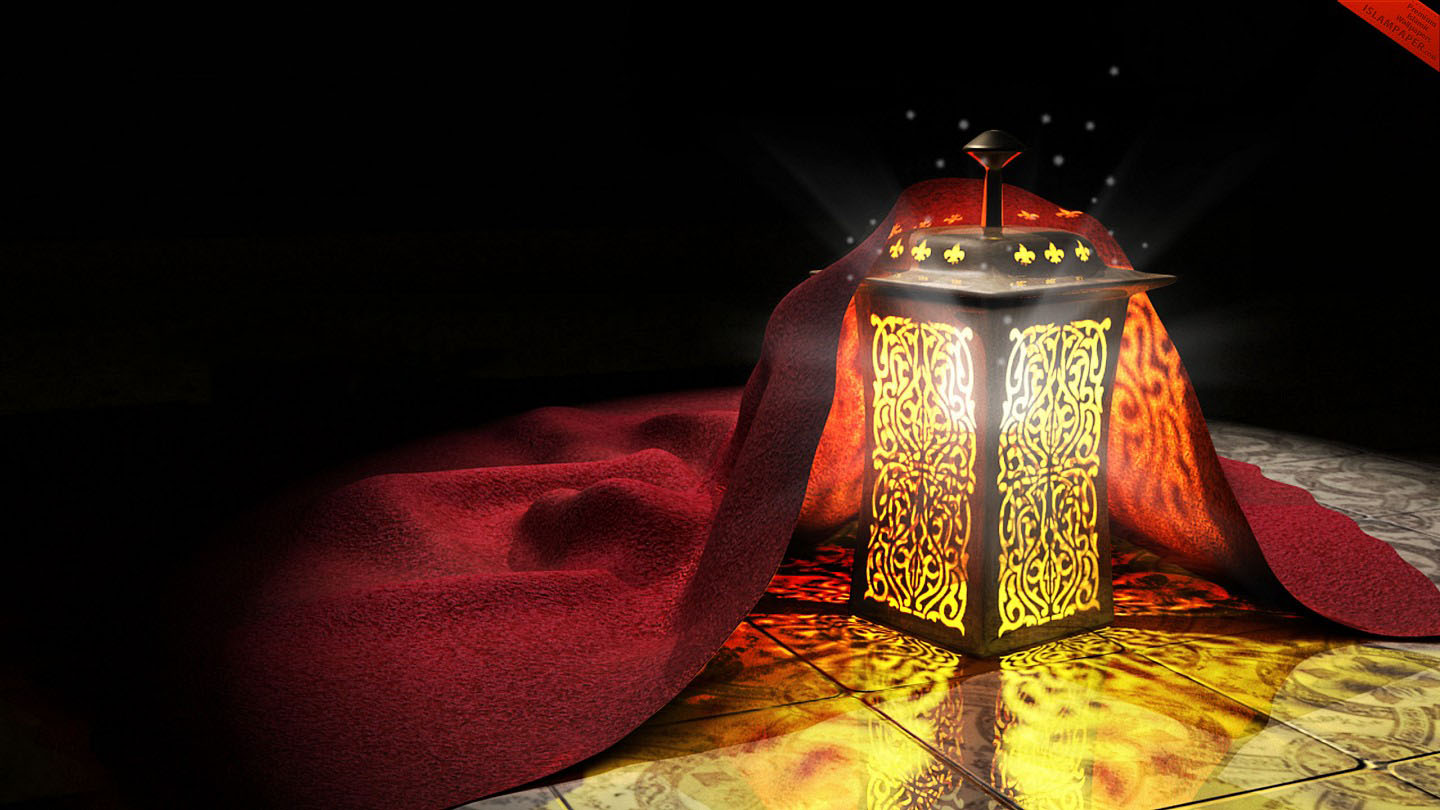
Ramadan is a month of blessings that brings devout Muslims close to Allah. Muslims fast throughout the month, from dusk until dawn, to gain the Almighty’s favour and blessing. During Ramadan, the reward for every pious deed is increased, and there is a general sense of calm.
Umrah is a sacred pilgrimage that Muslims all over the world strive to perform at least once in their lifetime. It is a journey that renews faith in Allah and revitalises the soul. Performing Umrah during Ramadan increases its rewards even further. It is a blessing for those who can’t perform Hajj for some reason. This article will detail the increased rewards for Umrah in Ramadan.
Blessing of Umrah during Ramadan
As stated, performing Umrah during the holy month is one of the most profound blessings for Muslims. Even travel agencies in the UK offer specialised Ramadan Umrah packages to help pilgrims make the most of their journey. During Ramadan, Allah’s mercy and blessing know no bounds, and the following are the rewards for performing the pilgrimage during the holy month.
It’s Equal to Hajj
Hajj is a sacred pilgrimage that can be performed once in an Islamic year. It’s obligatory to perform, but only for those who can afford it and are physically capable. Life has its ups and downs, and not every Muslim gets the chance to perform Hajj for one reason or another.
However, performing Umrah during the holy month is the next best thing. According to the Prophet (PBUH), performing Umrah in Ramadan equals to performing Hajj with him. This is a blessing for Muslims who, for some reason, can’t perform Hajj.
Since Umrah can be performed any time of the year, Muslims aren’t bound by anything to perform it. It is a Sunnah, and performing it during Ramadan increases its blessings and rewards.
Special Events
There are special events observed during Ramadan that ensure Muslims make the most of their blessings. Observing these events in Mecca while performing Umrah is a reward in itself.
1- Itikaf
Muslims observe Itikaf during the last Ashra (last 10 days) of Ramadan. Males confine themselves within the walls of a mosque. Women can observe Itikaf in a mosque, provided they have privacy and the necessary facilities. Muslims must refrain from all worldly conversations, and every waking hour is spent praying. Observing Itikaf within Haram is one of the rewards of performing Umrah during the holy month.
2- Taraweeh
It is a Sunnah that can only be performed during Ramadan. Muslims offer the Taraweeh prayer every night after Isha to seek Allah’s mercy. Pilgrims get to offer Taraweeh in the Holy Haram during the pilgrimage, which is an unmatched experience.
3- Laylat al Qadr
Muslims seek Laylat al Qadr during Ramadan to seek forgiveness for their sins. As per Islamic beliefs, it can occur on any of the nights in the last Ashra of Ramadan. Pilgrims who get to perform Umrah in the last Ashra of Ramadan are lucky as they get to seek Laylat al Qadr while in Mecca, which is a reward for those who perform the pilgrimage in Ramadan.
4- Eid ul Fitr.
The day of Eid ul Fitr is a gift from Allah for fasting the entire month of Ramadan. Muslims celebrate Eid after performing the communal prayer. It is a day of joy and happiness, and there is no better reward for performing Umrah during Ramadan than to celebrate Eid ul Fitr in Mecca or Medina.
To Wrap Up
Umrah is a sacred journey to seek Allah’s forgiveness and blessing. Performing the pilgrimage during Ramadan is equal to Hajj, and pilgrims get to observe special events that increase their chances of forgiveness. These are the rewards for Umrah during Ramadan and the reason why Muslims do their best to align their pilgrimage with the holy month.






